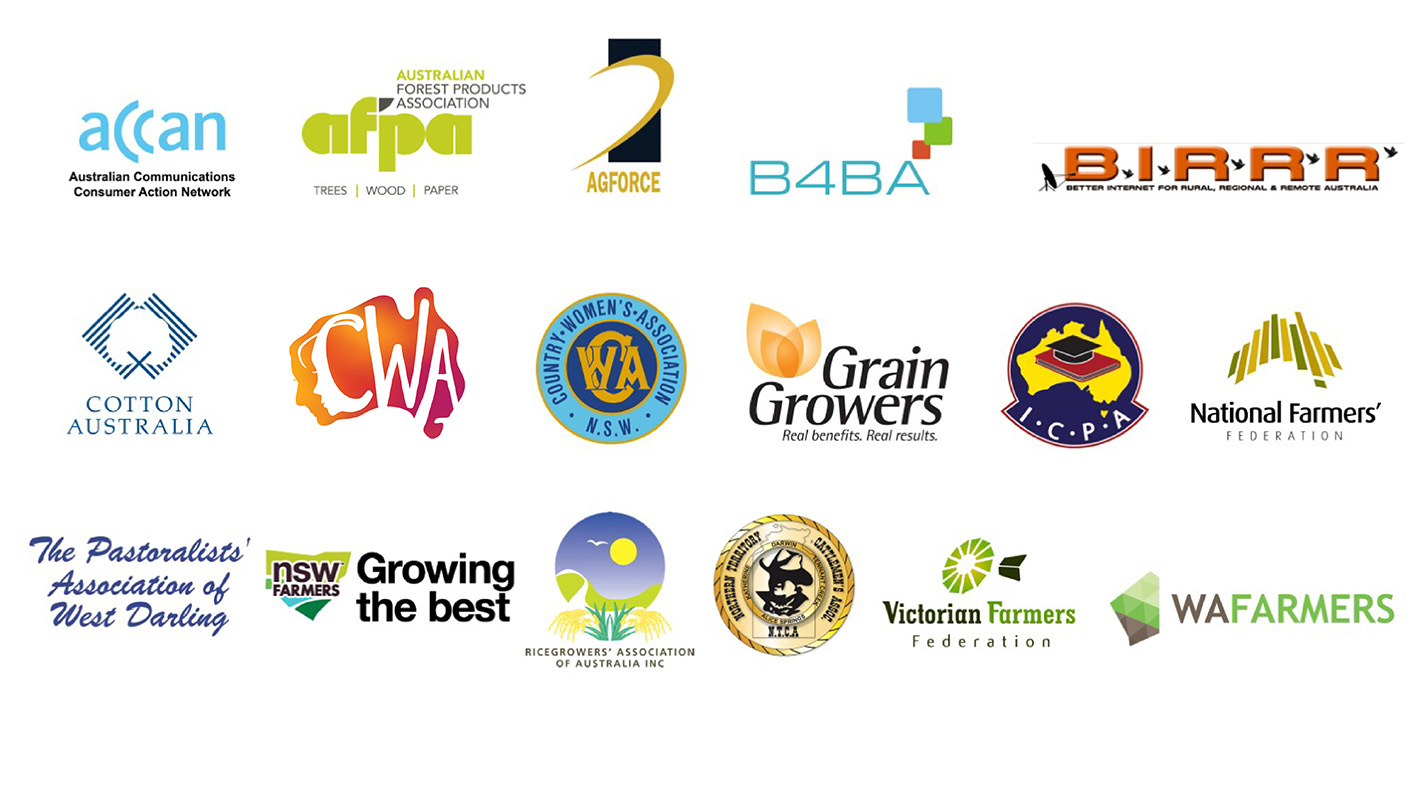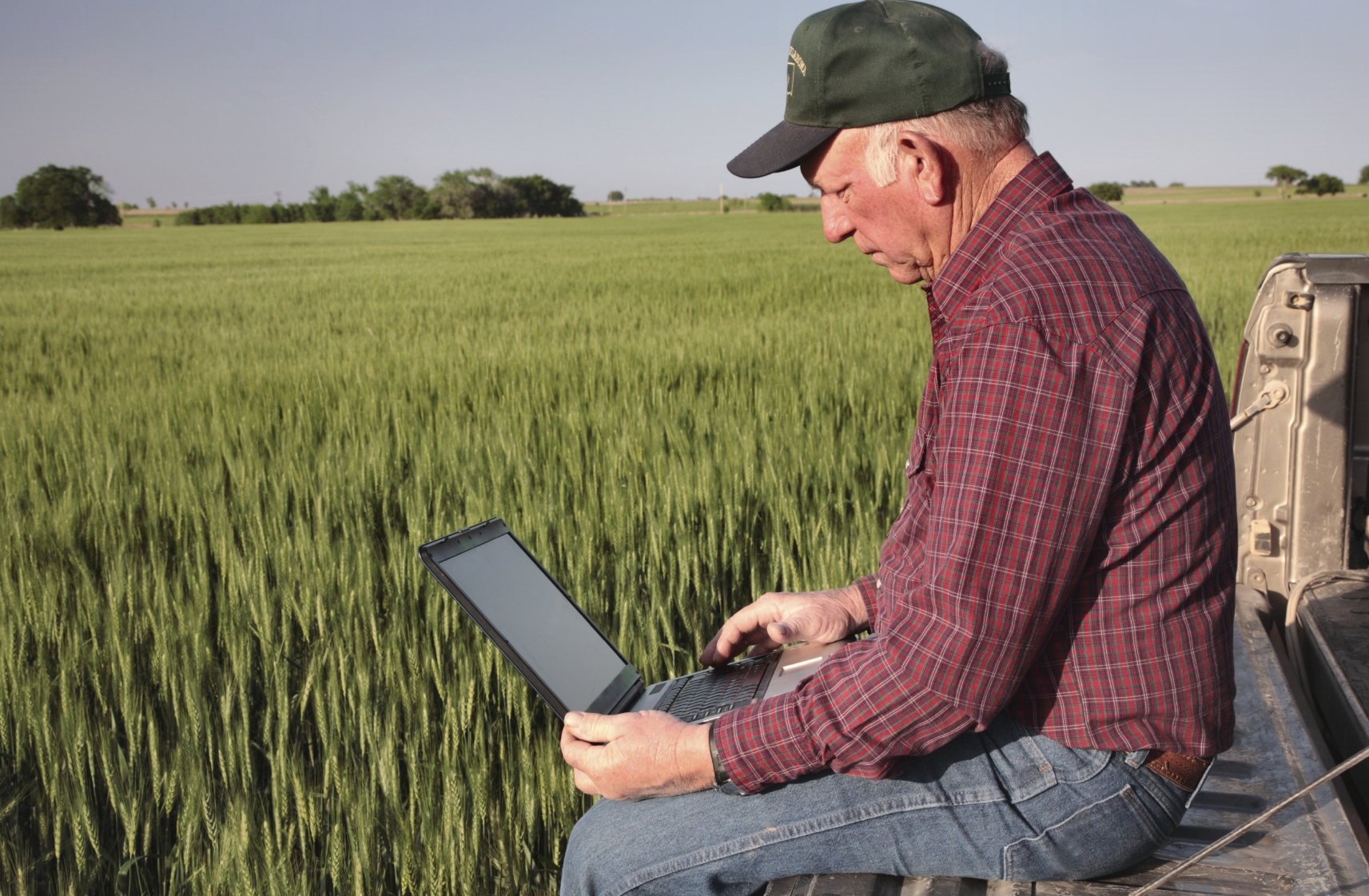Media Releases
ACCAN's work informs public debate about consumer issues in the communications landscape. Welcome to our collection of the latest news and current affairs that impact communications consumers.
Sign up for ACCAN's weekly newsletter to have these news items emailed to you each week.
Media enquiries:
Alec Bennetts
Mobile: 0409 966 931
Phone: 02 9288 4000
This email address is being protected from spambots. You need JavaScript enabled to view it.
[ List view | Detailed view ]
- Details
 Australians are being put at risk due to inadequate consumer protection frameworks around the reliability of telecommunications services, ACCAN has warned the Government’s latest Consumer Safeguard Review.
Australians are being put at risk due to inadequate consumer protection frameworks around the reliability of telecommunications services, ACCAN has warned the Government’s latest Consumer Safeguard Review.
Read more: Telco accountability is key for Consumer Safeguards Review: ACCAN
- Details
 The Regional, Rural and Remote Communications Coalition (RRRCC) has welcomed the recommendations of the 2018 Regional Telecommunications Review: Getting it right out there.
The Regional, Rural and Remote Communications Coalition (RRRCC) has welcomed the recommendations of the 2018 Regional Telecommunications Review: Getting it right out there.
The report is the culmination of submissions and consultative forums held across regional, rural and remote Australia to resolve the connectivity issues facing our communities now and into the future.
Read more: Time is now for new investment in bush telecommunications
- Details
 ACCAN welcomes the Morrison Government’s commitment to preserve the current Universal Service Obligation (USO) arrangements to guarantee fixed voice services to Australians, however stresses the urgency in extending guarantees to include broadband services through legislation.
ACCAN welcomes the Morrison Government’s commitment to preserve the current Universal Service Obligation (USO) arrangements to guarantee fixed voice services to Australians, however stresses the urgency in extending guarantees to include broadband services through legislation.
The USO refers to the obligation to ensure that all Australians can access a Standard Telephone Service, regardless of where they live or work. Telstra is currently contracted to deliver this obligation and uses a range of technologies to do so, including its fixed copper network, and radio and wireless services.
Read more: ACCAN welcomes USO preservation, pushes for broadband inclusion through legislation
- Details
 Regional, rural and remote Australians will be better protected if recommendations put forward by the 2018 Regional Telecommunications Review are adopted, according to Australia’s peak body representing telecommunications consumers, ACCAN.
Regional, rural and remote Australians will be better protected if recommendations put forward by the 2018 Regional Telecommunications Review are adopted, according to Australia’s peak body representing telecommunications consumers, ACCAN.
The report recognises the essential nature of communications in everyday life, and the necessity of improving access to telecommunications infrastructure, consumer protections and digital literacy for regional, rural and remote Australians.
Read more: ACCAN calls on Government to adopt Regional Review recommendations
- Details
Australian Communications Consumer Action Network (ACCAN) has today launched Australia’s first independent information resource for telecommunications products suitable for people with disability.
Known as the Accessible Telecoms project, the interactive website and call centre will be the much needed one-stop shop for information about the accessibility features of both mainstream and assistive telecommunications equipment suitable for people with disability. It is made possible thanks to a National Readiness grant from the National Disability Insurance Agency (NDIA).
As Australia’s peak body representing communications consumers, ACCAN has been advocating for a service that will eliminate the growing information vacuum about equipment and services suitable for people with disability in our increasingly digitally connected society.
- Details
 The Regional, Rural and Remote Communications Coalition (RRRCC) welcomes the recommendations of the Joint Standing Committee on the National Broadband Network’s inquiry into the rollout of the NBN in rural and regional areas.
The Regional, Rural and Remote Communications Coalition (RRRCC) welcomes the recommendations of the Joint Standing Committee on the National Broadband Network’s inquiry into the rollout of the NBN in rural and regional areas.
In December 2017, the bipartisan committee announced that it would conduct a review of the NBN, focusing on the capacity and reliability of NBN satellite, fixed wireless and fixed line networks.
Read more: Bush communications coalition welcomes report into rural and regional NBN
- Details
 The Regional, Rural and Remote Communications Coalition (RRRCC) welcomes the proposals flagged in a Department of Communications and the Arts consultation paper which focuses on the reliability of telecommunications services.
The Regional, Rural and Remote Communications Coalition (RRRCC) welcomes the proposals flagged in a Department of Communications and the Arts consultation paper which focuses on the reliability of telecommunications services.
Read more: RRRCC supports steps to improve reliability of telco services
- Details
 The Australian Communications Consumer Action Network (ACCAN) welcomes today’s release of the Federal Government’s report on Complaints Handling and Consumer Redress in the telecommunications industry.
The Australian Communications Consumer Action Network (ACCAN) welcomes today’s release of the Federal Government’s report on Complaints Handling and Consumer Redress in the telecommunications industry.
As Australia’s peak body representing telecommunications consumers, ACCAN has argued that better regulation in telecommunications is needed to safeguard the interests of consumers. The Government’s report acknowledges this need.
Read more: ACCAN welcomes new complaint powers for telco customers
- Details
 The Regional, Rural and Remote Communications Coalition (RRRCC) has welcomed the launch of the new Sky Muster Plus service, that will see essential internet uses, such as browsing, email and software updates, exempt from monthly data allowances.
The Regional, Rural and Remote Communications Coalition (RRRCC) has welcomed the launch of the new Sky Muster Plus service, that will see essential internet uses, such as browsing, email and software updates, exempt from monthly data allowances.
Read more: Bush communications coalition welcomes Sky Muster game change
- Details
 The Australian Communications Consumer Action Network (ACCAN) is frustrated to see that complaints to the Telecommunications Industry Ombudsman (TIO) have increased overall in the annual report. While we acknowledge the trend is beginning to change direction1, it is important to note this is the third consecutive year that consumers have voiced discontent with the services provided by their telco. This demonstrates a clear need for improved customer service and consumer protections.
The Australian Communications Consumer Action Network (ACCAN) is frustrated to see that complaints to the Telecommunications Industry Ombudsman (TIO) have increased overall in the annual report. While we acknowledge the trend is beginning to change direction1, it is important to note this is the third consecutive year that consumers have voiced discontent with the services provided by their telco. This demonstrates a clear need for improved customer service and consumer protections.
Read more: Telcos Need to Improve Customer Service, TIO Complaints Show
- Details
 ACCAN welcomes the ACCC’s announcement today that Telstra has refunded $9.3 million to 72,000 customers who were misled about third-party billing charges under its “Premium Direct Billing’ (PDB) service. However, the consumer advocacy group argues that further consumer safeguards are needed to prevent bill shock and consumer harm from occurring in the first instance.
ACCAN welcomes the ACCC’s announcement today that Telstra has refunded $9.3 million to 72,000 customers who were misled about third-party billing charges under its “Premium Direct Billing’ (PDB) service. However, the consumer advocacy group argues that further consumer safeguards are needed to prevent bill shock and consumer harm from occurring in the first instance.
“We are pleased to hear that 72,000 Telstra mobile customers will be refunded for content such as games and ringtones that they unknowingly purchased. We have seen that unexpected charges continue to be an issue for Australian mobile consumers and contribute to mobile bill shock,” said Teresa Corbin, ACCAN CEO.
Read more: ACCAN welcomes Telstra’s refunds to customers misled about third-party billing
- Details
 Smartphone technology now essentially allows us to carry a computer in our pocket, but what happens to all of the data that is collected while we go about our normal daily lives? A new report by Australian Communications Consumer Action Network (ACCAN) examines the implications of the advancements in smartphone biometric data capturing capabilities for Australian consumers.
Smartphone technology now essentially allows us to carry a computer in our pocket, but what happens to all of the data that is collected while we go about our normal daily lives? A new report by Australian Communications Consumer Action Network (ACCAN) examines the implications of the advancements in smartphone biometric data capturing capabilities for Australian consumers.
The use of biometrics in smartphones such as finger print scans and facial recognition have been promoted as a simpler and more secure alternative to traditional security options such as PINs or passwords. While these more modern alternatives offer greater convenience, ACCAN’s new report ‘Midas Touch: Consumer Implications of the Use of Smartphone Biometric Data Capturing Capabilities’ argues consumers must be aware that they are not entirely secure.
Read more: Biometrics and the Changing Face of Consumer Smartphone Security
